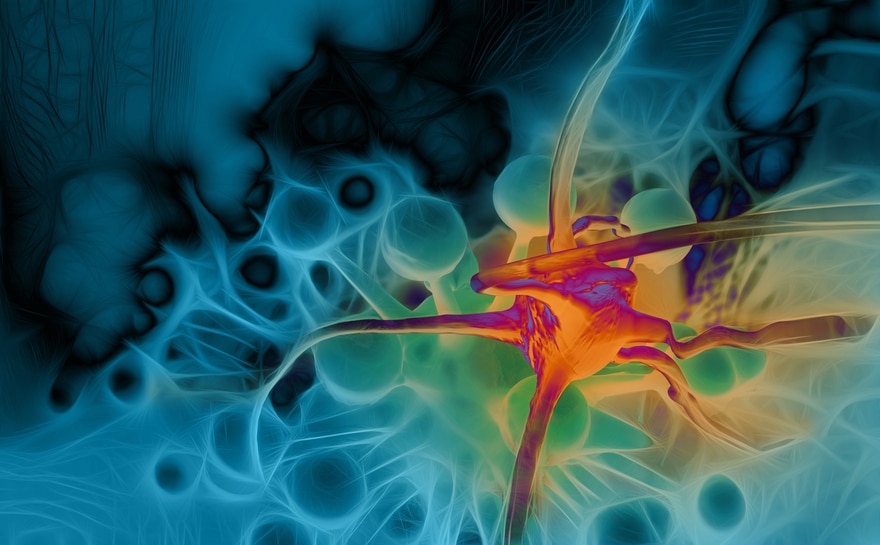A recent study published in The Journal of Clinical Oncology found men with low levels of vitamin D develop more aggressive prostate cancer.
The study sampled vitamin D levels in men in the months before they had surgery to remove their prostate. This is a procedure called radical prostatectomy.
The lower their vitamin D levels, the more aggressive their cancer was at the time of surgery.1
No Surgery Needed
Researchers say vitamin D slows the growth of pre-cancerous and cancerous cells. They believe it may starve tumors of the fuel they need.
The research particularly helps men who have prostate cancer but are using the “watchful waiting” approach. Instead of immediate surgery, these patients wait to see if the prostate cancer increases to the point that removal is required.
Recommended for You: The Anti-Cancer Cocktail
Health “experts” say this drink is bad for you. But a 2011 Harvard study found that men who drink 1–3 cups daily reduce their risk of prostate cancer by 30%. And research from Boston’s Brigham and Women’s Hospital and Harvard Medical School shows this beverage lowers the risk of basal cell carcinoma by 20%.
It’s no wonder that Women’s Health magazine calls it “the drink that fights cancer.” Best of all? Guaranteed you already have some in your home. More details found HERE.
Taking vitamin D should slow any growth. Some patients can live the rest of their lives with prostate cancer. It has no impact on their health or lifestyle.2
Good food sources of vitamin D include wild-caught salmon and other fatty fish, eggs, and mushrooms. Sun exposure also boosts levels. But researchers recommend men take a vitamin D3 supplement to ensure they get adequate amounts. We recommend a dosage of up to 5,000 IUs a day.
If you’re looking for more all-natural ways to keep your prostate healthy, you’ll want to see the new video our research team has just produced.
You’ll discover a cheap, quick, and painless treatment that could practically eliminate the threat of prostate disease without drugs, surgery, or radiation. Watch the short video here now.
In Good Health,

Angela Salerno
Executive Director, INH Health Watch
Like this Article? Forward this article here or Share on Facebook.
References:
1http://clincancerres.aacrjournals.org/content/20/9/2289.abstract
2http://www.harvardprostateknowledge.org/low-vitamin-d-tied-aggressive-prostate-cancer

